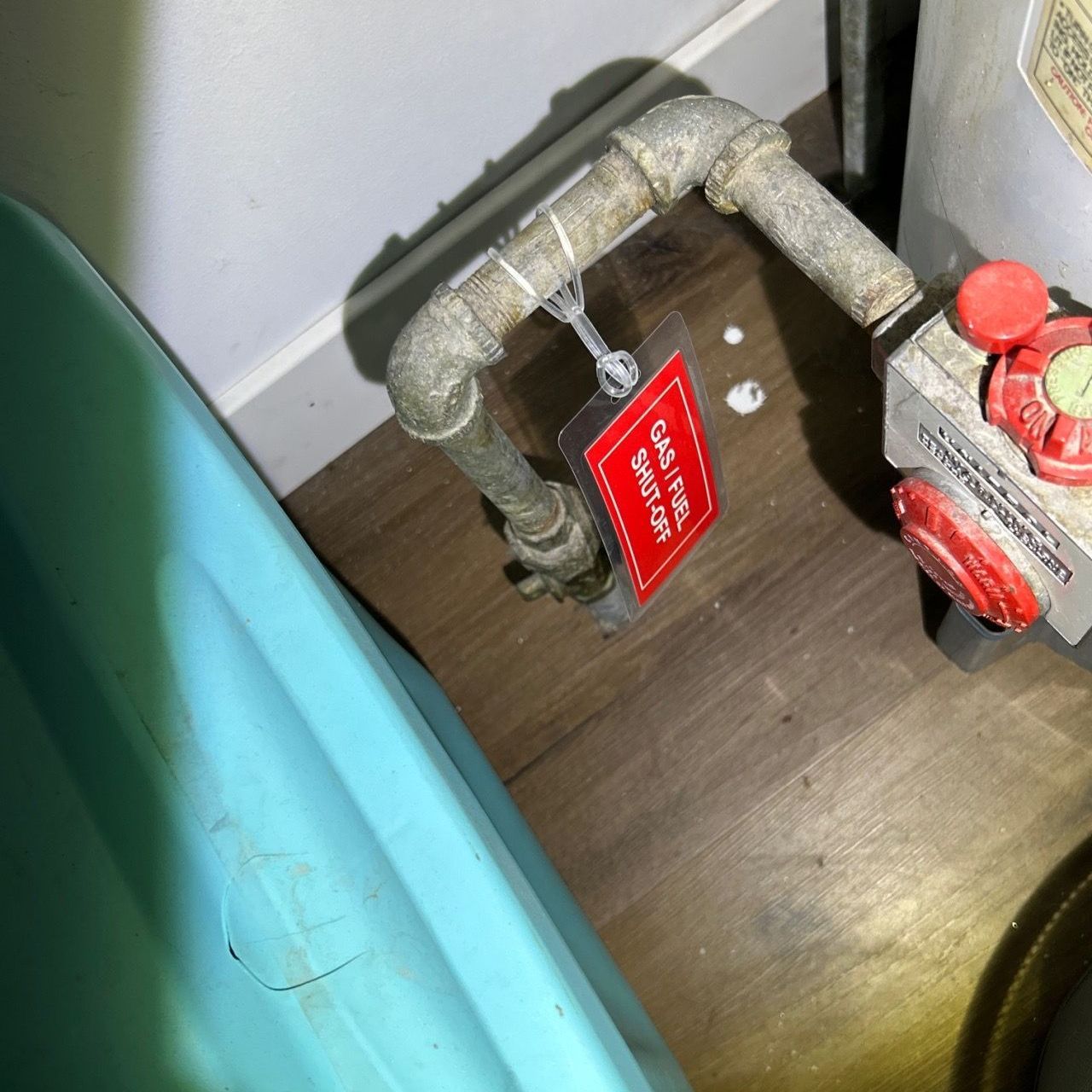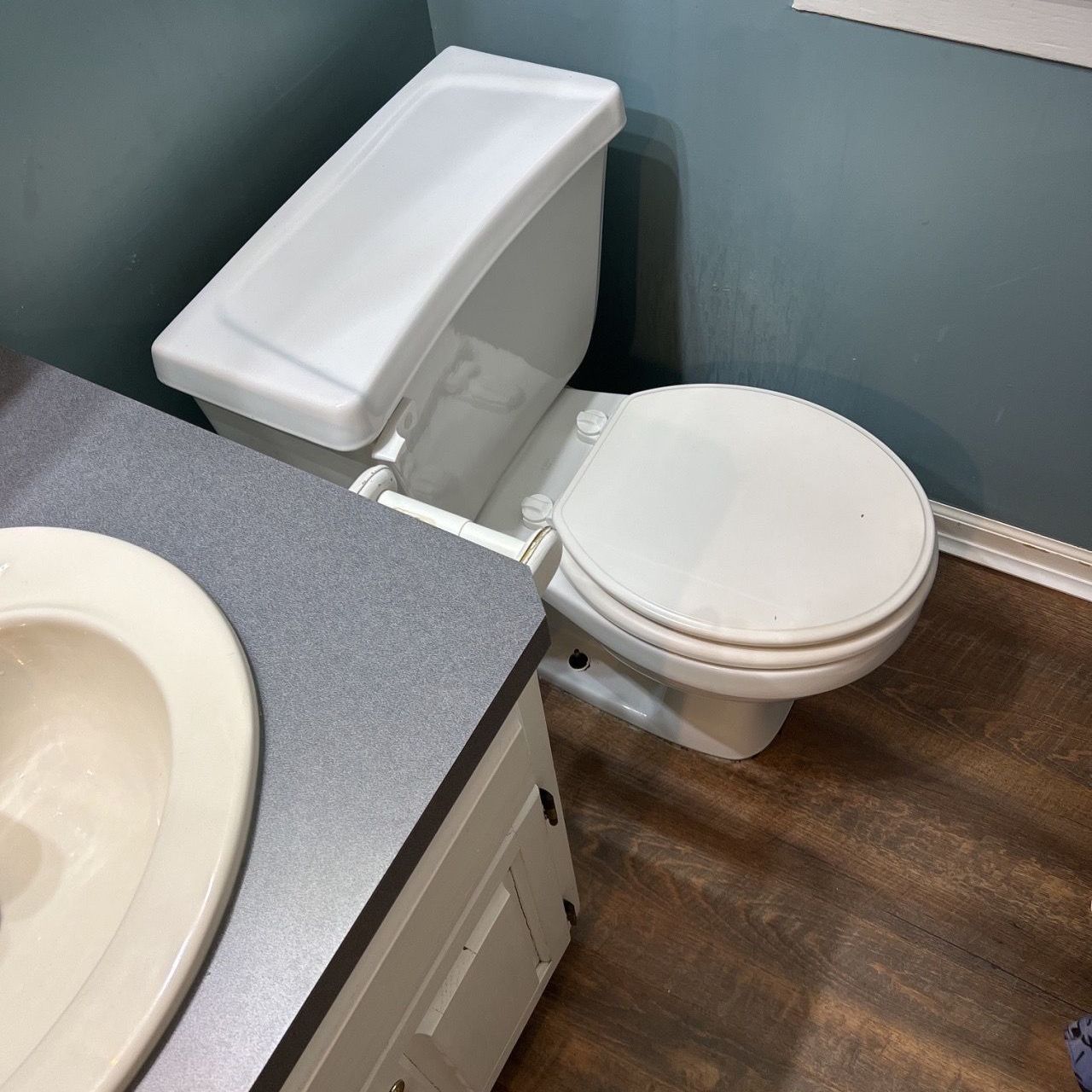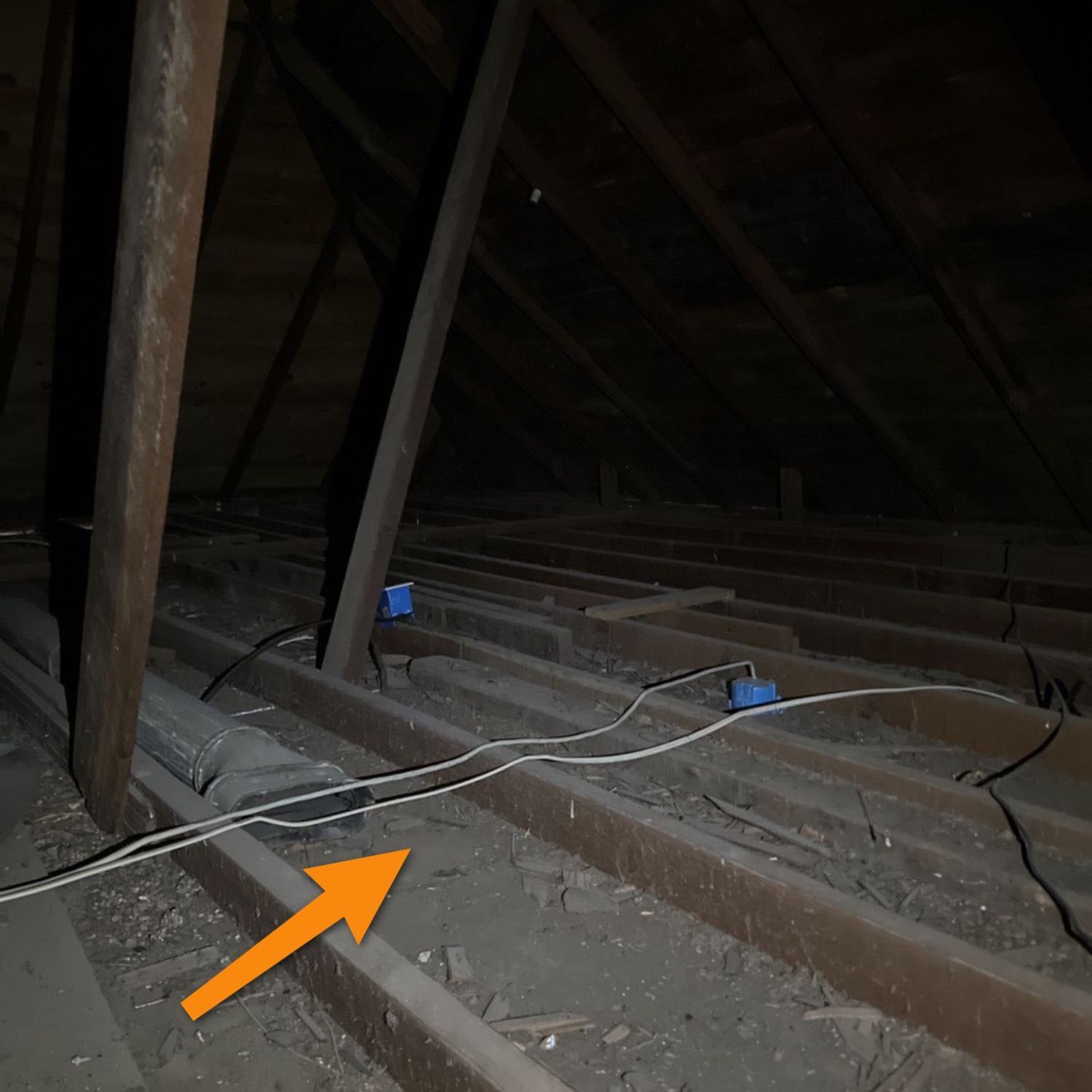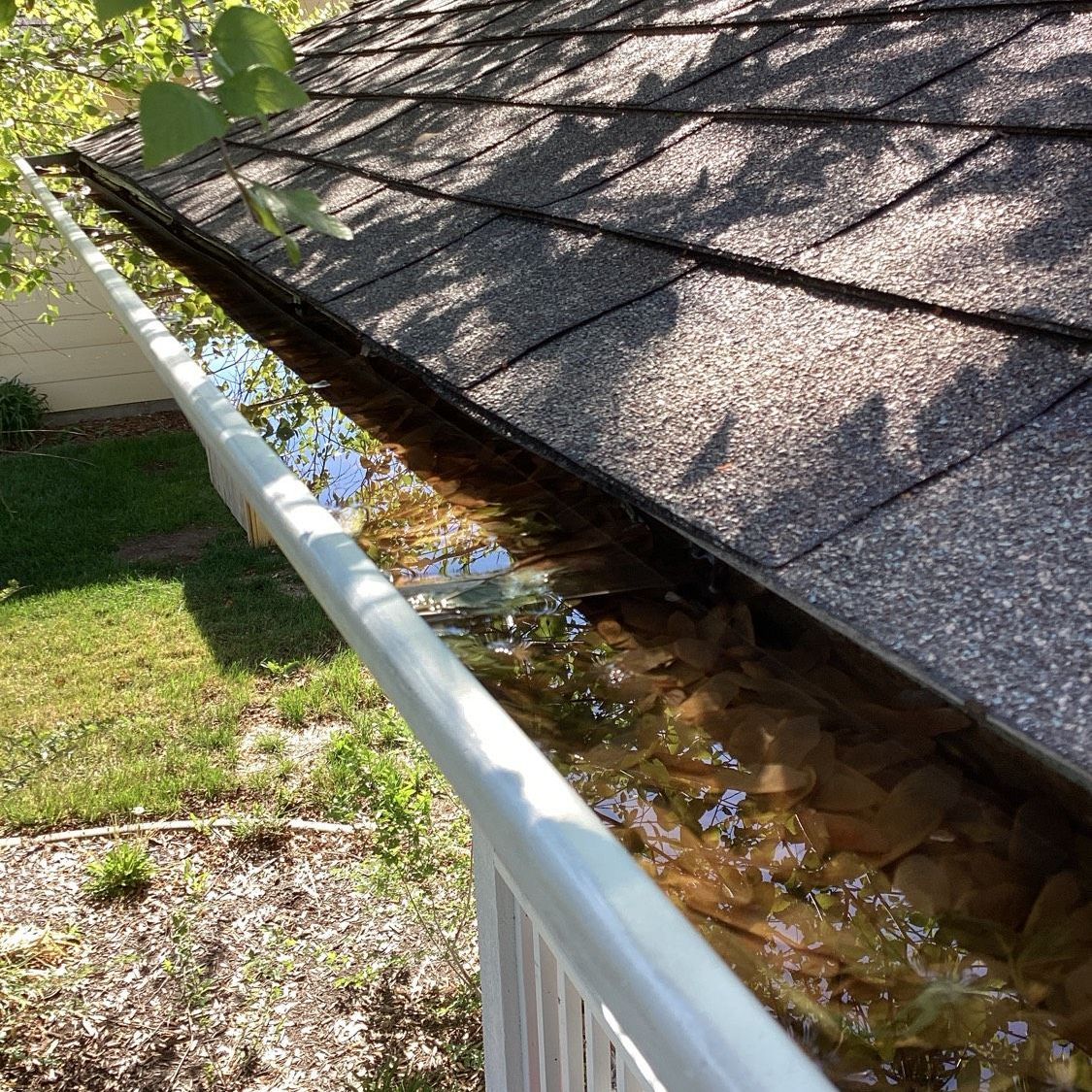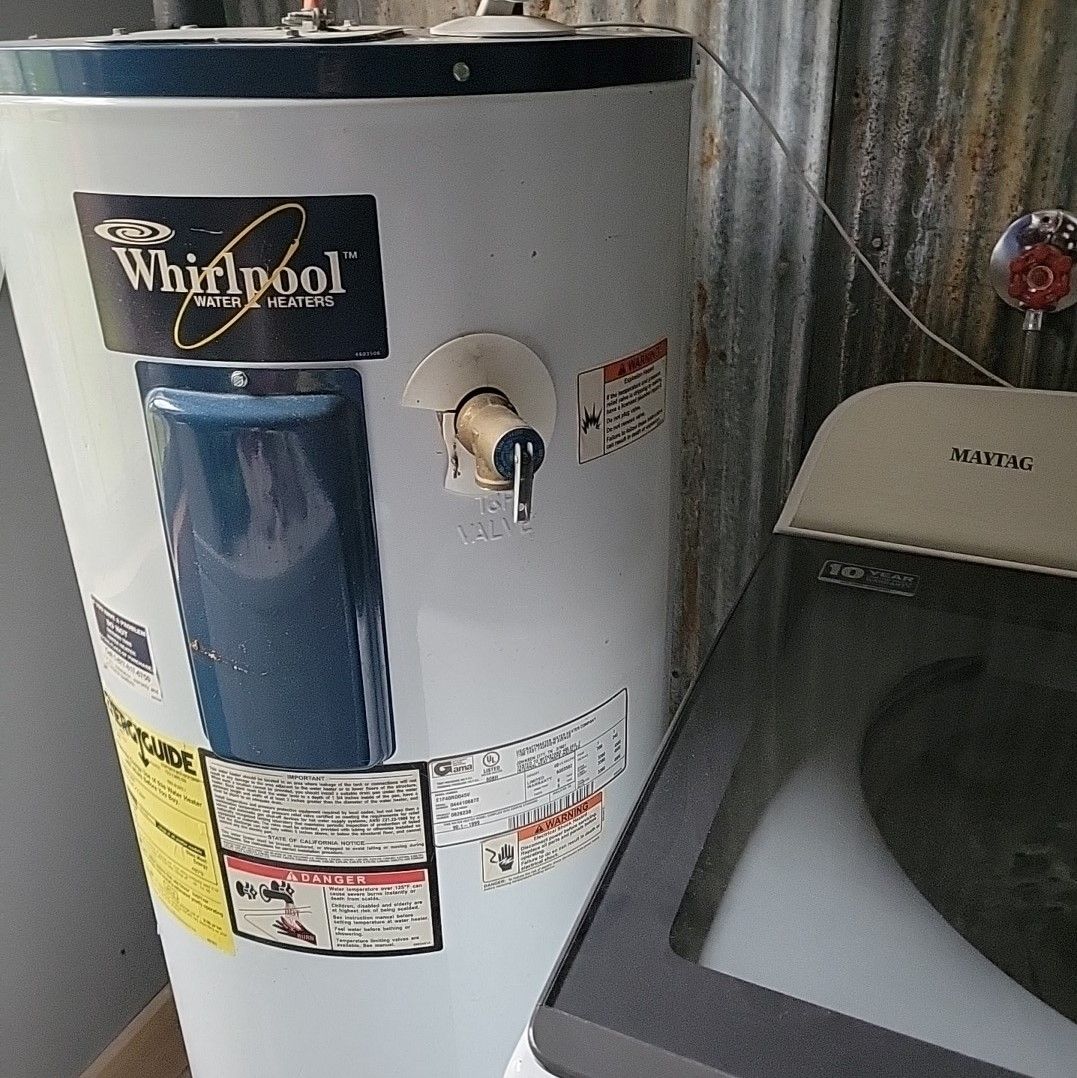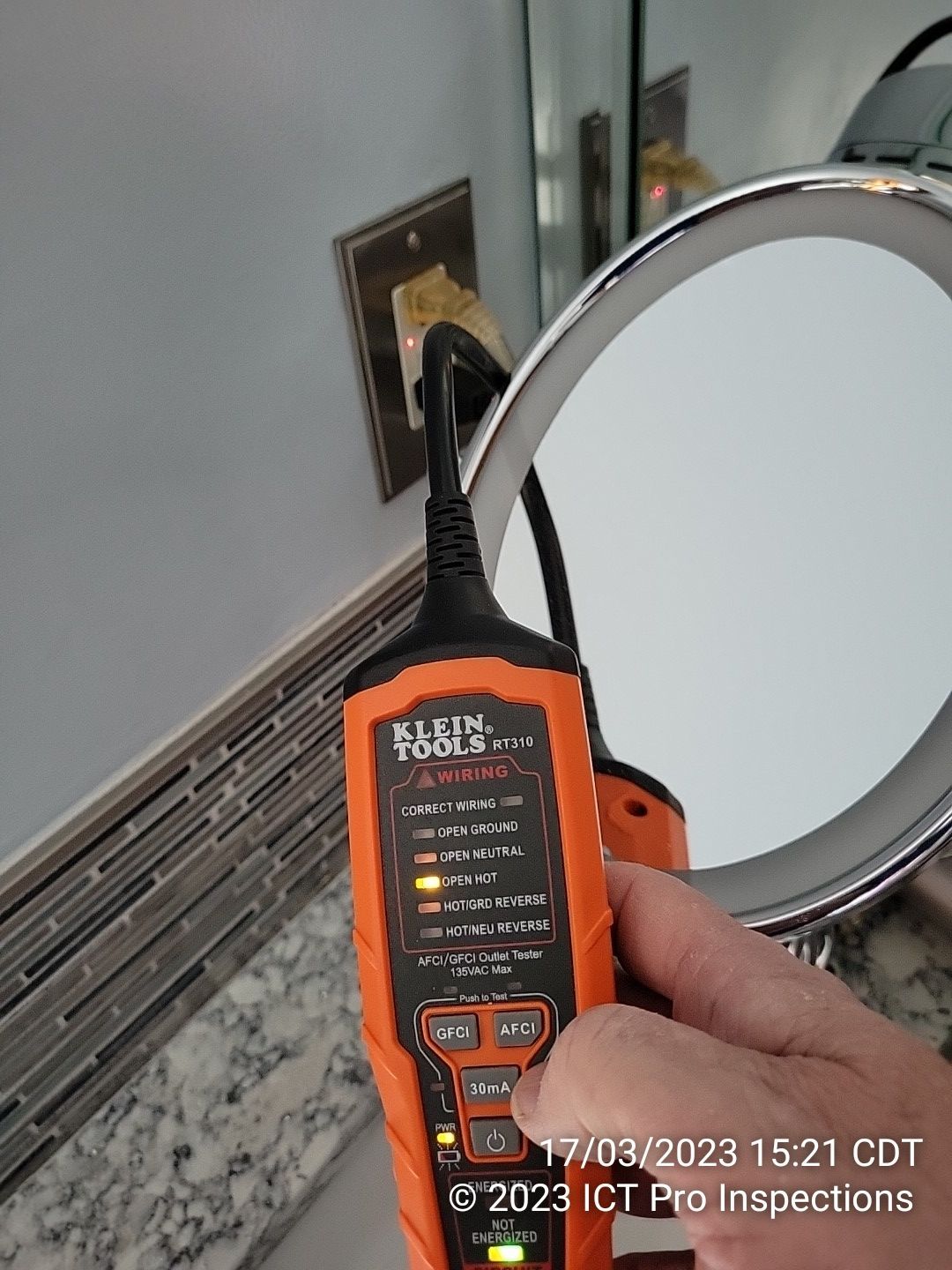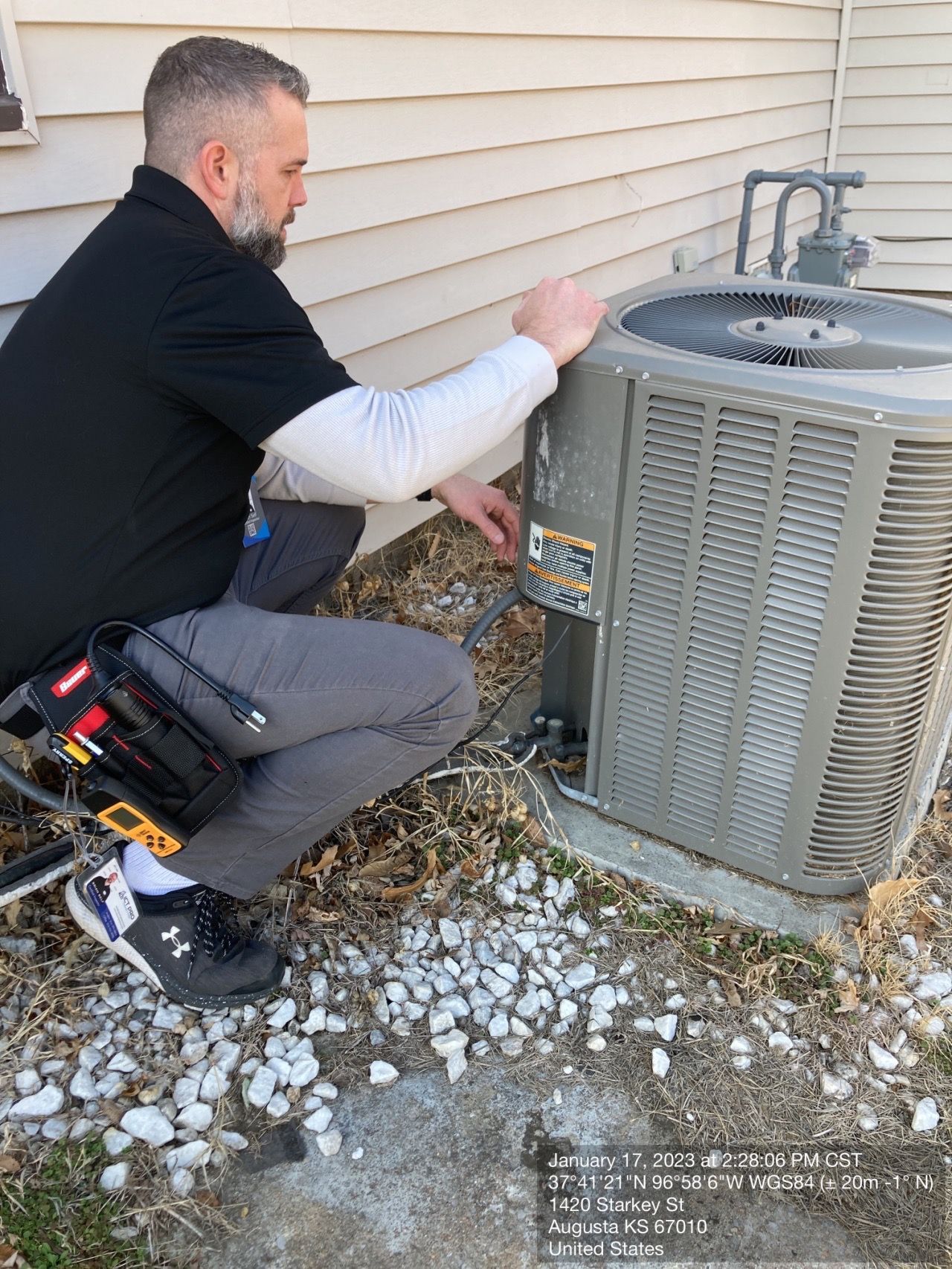Effects of Radon In Your Home
This is a subtitle for your new post
Radon is a colorless and odorless gas that is naturally present in the earth’s crust. It is formed by the decay of uranium and thorium, which are commonly found in soil and rocks. Radon can enter your home through cracks and openings in the foundation and can accumulate to dangerous levels. The effects of radon in your home can be harmful to your health and should be taken seriously.
Health Effects of Radon
Radon gas is a known carcinogen that can lead to lung cancer. According to
the Environmental Protection Agency (EPA), radon is responsible for
approximately 21,000 lung cancer deaths in the United States each year. Radon
can also increase the risk of other lung diseases, such as emphysema and
chronic bronchitis.
The risk of developing lung cancer from radon exposure depends on the
amount of radon present in your home and the duration of exposure. The EPA
recommends that action be taken to reduce radon levels in your home if they
exceed 4 picocuries per liter (pCi/L) of air. However, even lower levels of
radon can still be harmful, and it is recommended to try to reduce radon levels
as much as possible.
Symptoms of Radon Exposure
The symptoms of radon exposure are not immediate and can take years to
develop. This is because the cancer-causing effects of radon are due to
long-term exposure. Symptoms of lung cancer, such as coughing, chest pain, and
shortness of breath, may not appear until the disease has progressed to a later
stage.
Testing for Radon
The only way to know if your home has high levels of radon is to test for
it. Radon testing kits can be purchased from home improvement stores or online.
There are short-term and long-term testing kits available. Short-term kits are
left in your home for a few days to a week and provide a snapshot of radon
levels. Long-term kits are left in your home for several months and provide a
more accurate average of radon levels.
Reducing Radon Levels in Your Home
If your home has high levels of radon, there are several steps you can
take to reduce the risk of exposure. The most common method is through a
process called radon mitigation. This involves installing a radon mitigation
system, which typically consists of a fan and a series of pipes that draw radon
from the soil and expel it outside your home.
Sealing cracks and gaps in your home’s foundation and walls can also help
prevent radon from entering your home. Additionally, increasing ventilation and
airflow in your home can help dilute and disperse radon gas.
Conclusion
The effects of radon in your home can be harmful to your health, and it is essential to take steps to reduce radon levels if they are too high. Testing your home for radon is the first step, and if high levels are found, installing a radon mitigation system and sealing cracks and gaps in your home’s foundation can help reduce exposure. It is important to take radon exposure seriously and take action to protect your health and the health of your loved ones.
